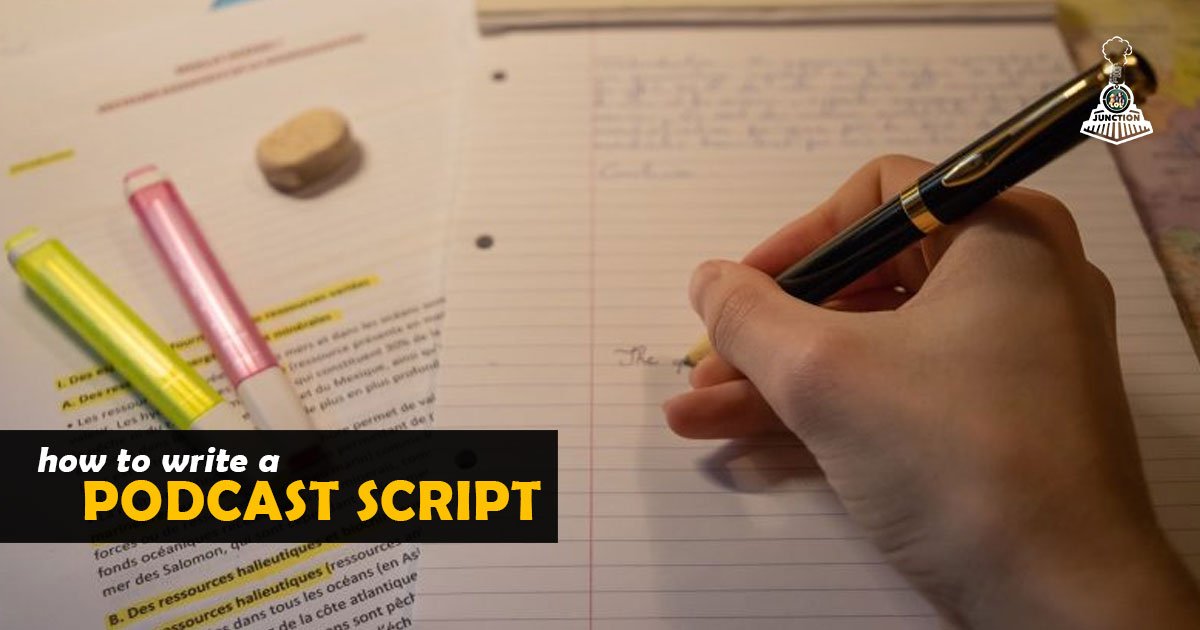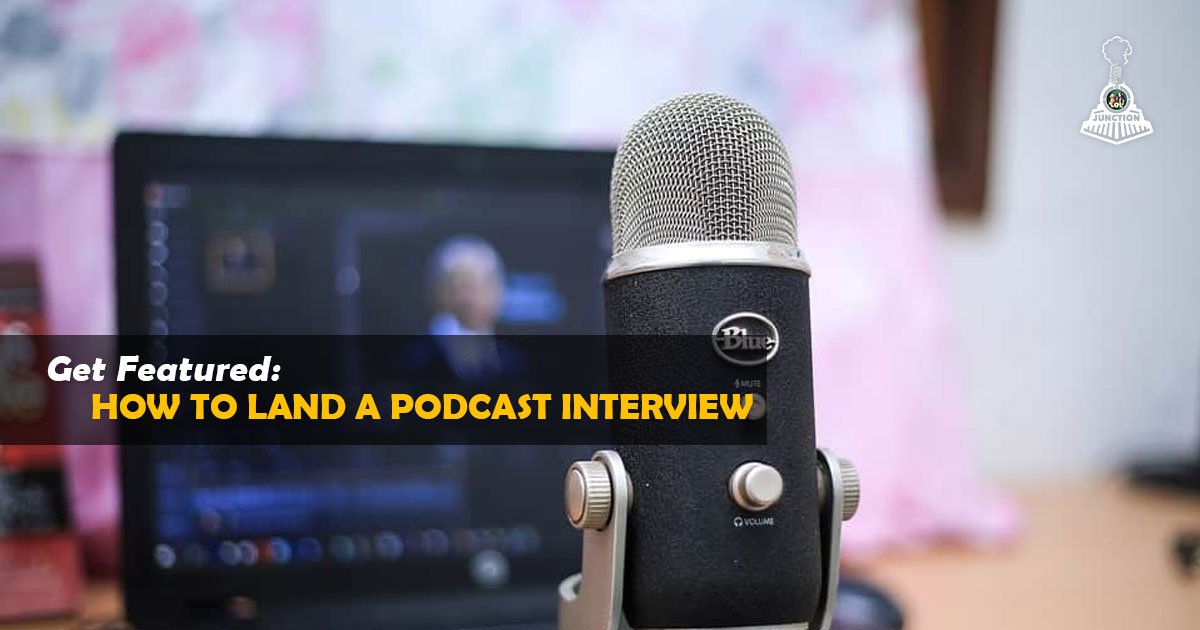
How to Write a Podcast Script
7 months ago Kasturi Jha

7 months ago Kasturi Jha
So, you’ve decided to start your own show or level up your current episodes—but the thought of sitting down to write something structured makes you stare at a blinking cursor for 20 minutes. You're not alone.
A good podcast may sound spontaneous, but behind every smooth intro, thoughtful segue, and memorable outro, there’s usually a well-planned podcast script at work. Whether you're a seasoned creator or just beginning your journey into audio storytelling, learning how to plan your show is a key part of making it flow, connect, and keep your listeners engaged.
This guide will help you break down the process of writing a podcast, step-by-step. From choosing the right podcast format to building your episode plan, and even using a simple script template, we’ve got you covered.
Let’s dive into the art of scripting—without sounding scripted.
Before we get into the how, let’s talk about the why.
Not every podcast needs a word-for-word script. Some shows thrive on free-flowing conversation. But even the most “off-the-cuff” creators often rely on bullet points, outlines, or mental beats to stay on track.
Here’s what scripting can help you with:
A solid episode plan doesn’t take away your authenticity—it enhances it. Think of a script as your safety net, not a straightjacket.
Your scripting style will depend heavily on your show’s structure. Let’s explore the most common formats and what kind of scripting works best for each:
You’re the only voice—so structure matters more. Here, scripting helps maintain momentum, avoid rambling, and guide the listener through a coherent journey.
You don’t need to script the whole thing, but having a script template for the intro, guest welcome, transition questions, and closing makes a huge difference.
These require the most scripting. Think of it like writing a short audio documentary. Every word counts, and transitions are crucial.
While more casual, these benefit from a shared episode plan so everyone knows the topic, structure, and timing.
Your chosen podcast format will guide whether you write word-for-word, bullet points, or something in between.
Before you write anything, build an outline that looks like this:
For example:
With this structure, writing a podcast script becomes easier—you already know what goes where.
First impressions matter. A great intro sets the tone and gives the listener a reason to stay. Your intro should include:
Sample intro line:
“Hey everyone, welcome back to Let’s Off Leash, where we explore powerful stories about the bond between humans and animals. Today’s episode is close to my heart…”
Your intro doesn’t need to be robotic. Just structured.
Now the real work begins. Use your episode plan to script or outline the main body. Depending on your style, you can choose between:
Each segment should include transitions, timestamps (for editing), and notes on tone or delivery.
Tip: Read your script out loud. Does it sound natural? If it feels stiff when spoken, revise.
A strong outro is just as important as your intro. Here's what it should cover:
For example:
“Thanks for spending time with me today. If you found this episode meaningful, share it with a friend who needs to hear it. And don’t forget to check out our latest blog on How to Podcast as a Side Hustle.”
Having a consistent closing style strengthens your brand and listener loyalty.
If you plan to publish regularly, building a repeatable script template saves time and boosts consistency.
Here’s a sample:
Podcast Name:
Episode Title:
Air Date:
Duration:
Format: Solo / Interview / Co-hosted
[INTRO]
[SEGMENT 1]
[SEGMENT 2 / GUEST INTERVIEW]
[OUTRO]
Save this template in your favorite tool—Google Docs, Notion, or even podcast planning software—and duplicate it every week.
When writing a podcast script, it’s easy to go overboard. Here’s what not to do:
Scripts should serve the listener—not the ego of the host.
The best podcasters don’t sound the same—and neither should their scripts. Your voice, pacing, humor, and quirks make your show yours. Scripting helps you enhance those traits—not erase them.
Once you get comfortable with the process, you’ll find your groove. You’ll know when to write in full, when to wing it, and when to trust your gut.
Remember: scripting isn’t about sounding perfect. It’s about making your message clearer, your storytelling sharper, and your podcast unforgettable.


















Learn how being a podcast guest in the UAE helps boost credibility, drive leads, and grow your audience.
Read More..
Learn how businesses in the UAE are leveraging podcasts to strengthen corporate identity and customer engagement.
Read More..
Explore top podcast channels that provide marketing insights, trends, and tactics, tailored for the UAE audience.
Read More..© 2025 LOL - Let's Off Leash. All rights Reserved. Powered by Dar Alafkar Marketing LLC